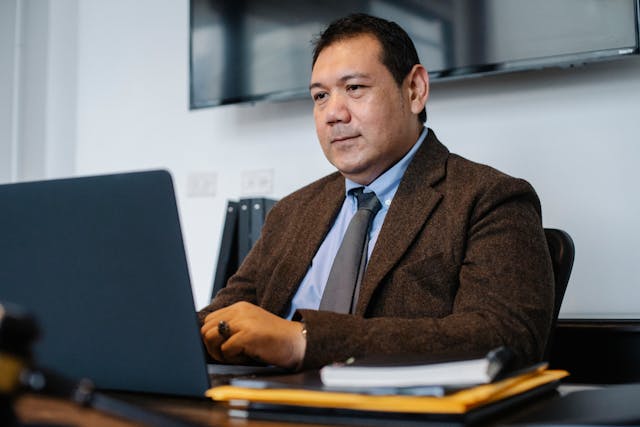
Understanding the Basics of Will Preparation
Preparing a will is one of the important tasks that you can undertake in order to secure your legacy. Many people tend to postpone this responsibility because of certain misconceptions or because they don’t understand the process. But you will be empowered to take steps towards ensuring your wishes are honoured and asset distribution takes place according to your preferences when you create a will.
A will is a legal document that will outline how your assets will be distributed after your demise.
You can specify beneficiaries determining who will inherit your property. If you have minor children or dependents, you can designate guardianship for them. Also, an executor can be appointed so that the distribution of your estate can be overseen. You can specify your preferences on healthcare and end-of-life care in the will along with funeral arrangements. You have to assess your assets and debts before you start drafting a will. You have to go through your personal belongings, vehicles, bank accounts, real estate, investments, retirement accounts, outstanding loans and liabilities. You need to have a clear understanding of your financial situation so that you can make informed decisions about the distribution of assets. This way, no assets will be overlooked.

You have to determine
Who will inherit your assets and this can be friends, family members, charitable organisations etc. You have to consider your personal values, relationships and financial needs when deciding this. You will need to designate guardians if you have minor children or dependents so that they will assume responsibility for their care after your demise. An executor is the person that will carry out the instructions that are outlined in the will. These instructions will cover settling debts and taxes, distributing assets etc. You have to choose an organised, trustworthy individual to be the executor and they should have the capability to handle the responsibilities of estate administration. You have to discuss your intentions with potential executors beforehand so that you can understand whether they are willing to accept the role or not. Once you have all the necessary information and have made the important decisions, you can draft your will. You can also look into online will preparation that will make this process more convenient. There are DIY kits and online templates for this but you will need to seek guidance from a qualified attorney so that you can ensure the will is legally valid.

You can work with a lawyer
so that they can check whether the will reflects your intentions accurately. Once you have drafted the will, you have to review it from time to time so that you can make updates as required. Some of the situations that can result in revisions to your will are relocation, marriage, divorce and birth of children. You need to make sure that your will is current so that it reflects your wishes accurately. Once you have finalised the will, you need to store it in a safe location that is also accessible. This can be a bank safe deposit box or a home safe. You need to inform your executor and family members about the existence of the will and its location so that they can access it when needed.


-
Tagged KS